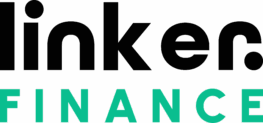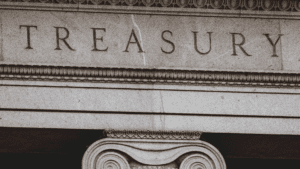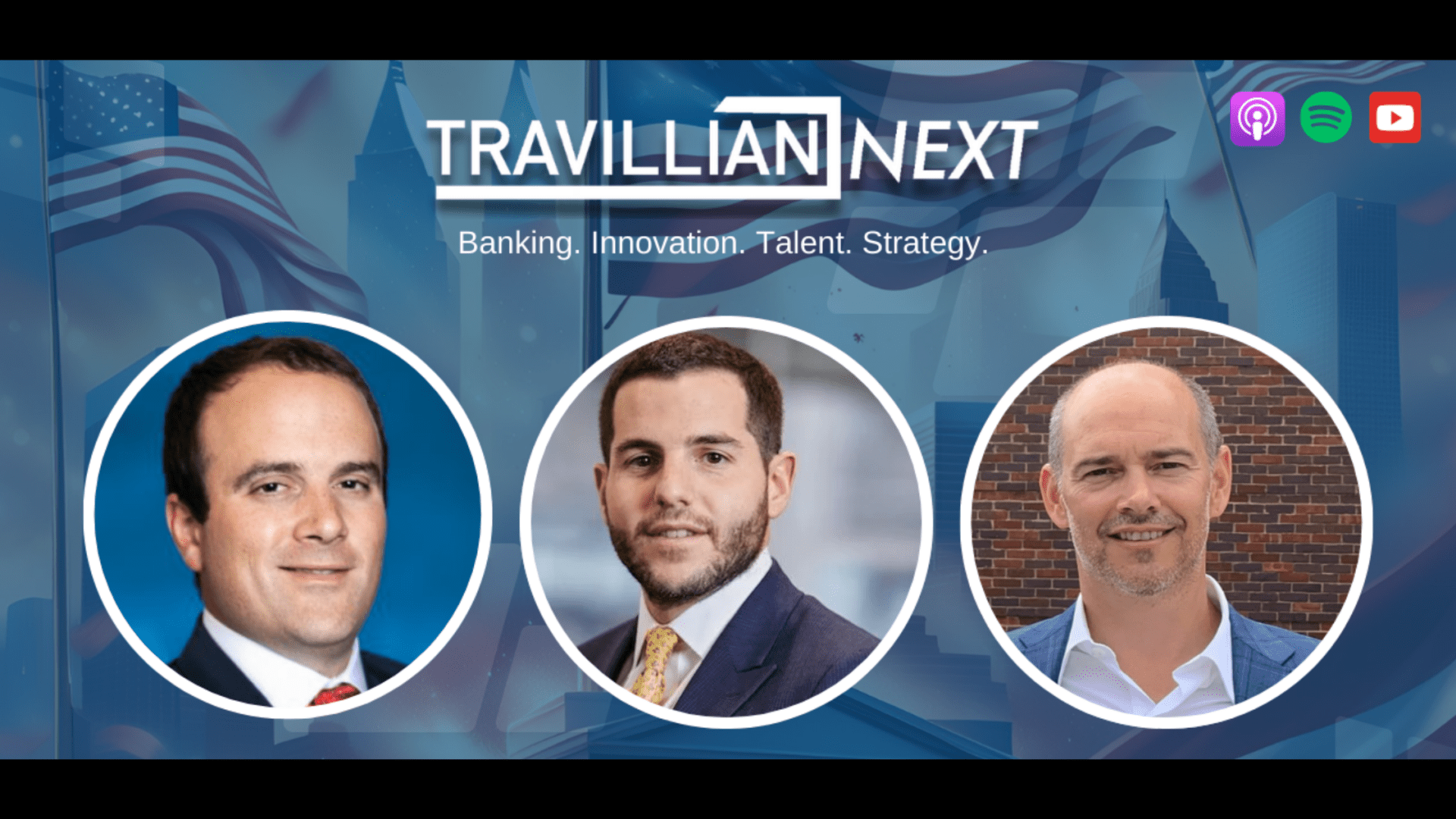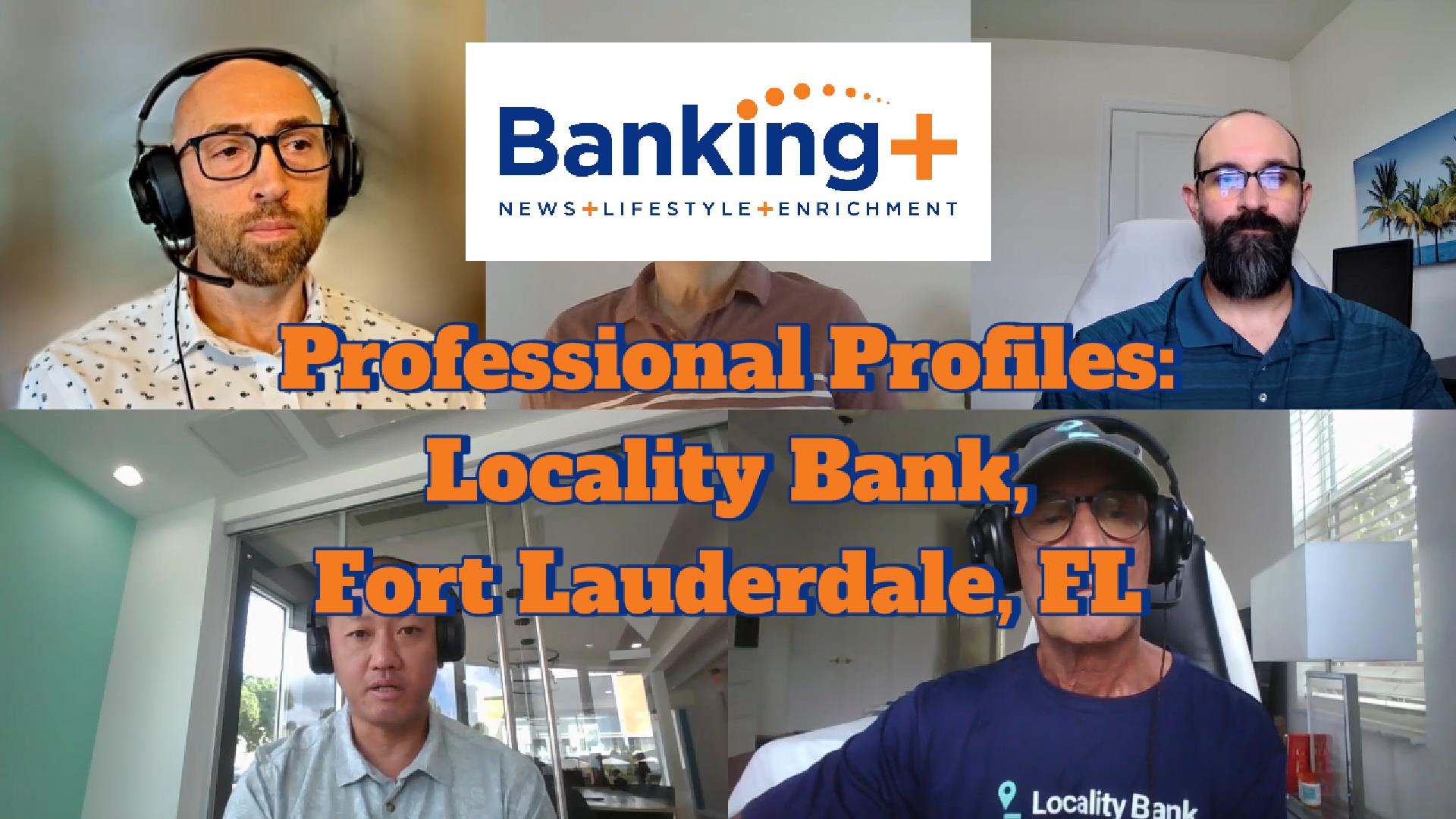In today’s hyper-connected world, the lines between personal and professional lives are often blurred. For bankers and financial services professionals, this reality carries significant weight. Even off-duty actions can have profound implications for careers and the corporate character of their employers.
How a Philadelphia Eagles Fan’s Personal Outburst Led to Professional Consequences
The evolving story of a Philadelphia Eagles fan serves as a cautionary tale of how personal behavior can spiral into professional consequences.
During the Jan. 12 NFC wild-card game in Philadelphia, a fan’s outburst against a rival Green Bay Packers supporter garnered much attention for all the wrong reasons.
Captured in a viral video, the man unleashed a misogynistic tirade against a female seated nearby, who was cheering her Packers. His derision of her fandom devolved quickly into crude words and abusive behavior.
The initial reaction from the surrounding crowd was condemnation against the disrespectful verbiage. But that pushback intensified until the belligerence resulted in the unfiltered commenter’s permanent ban from Lincoln Financial Field.
The fallout didn’t end there. Online sleuths eventually identified the man as an employee of a New Jersey management consulting firm. That firm promptly terminated his employment, stating that his actions were “unacceptable” and “in direct opposition” to its values of inclusivity and professionalism.
Repercussions for Poor Personal Conduct in the Financial Industry
The occurrence is a stark reminder that off-duty behavior—even at a sporting event—can have severe professional consequences. This is especially true in careers related to the banking industry.
The implications of this kind of incident for financial services professionals create higher stakes than those in other careers. Financial services professionals’ success hinges deeply on intangibles such as trust, judgment, and discretion. Any impingement on those assets can have deep repercussions.
Further, this unfiltered Eagles fan’s situation is not an isolated example; it’s emblematic of how personal conduct can clash with professional expectations.
A similar, though less inflammatory, example comes from Portland’s World Naked Bike Ride, an annual event duplicated in numerous cities worldwide.
An accountant participating in the cycling event’s 2022 edition was fired after a nude photo of him riding surfaced online. While the event itself was legal and unrelated to the rider’s position, the accounting firm that employed him determined that his time in the saddle reflected poorly on its professional image.
When Bankers’ Private Actions Collide with Banks’ Professional Standards
Both cases highlight a crucial lesson: Private actions are rarely as private as they seem. For professionals in high-trust industries like banking, this is a critical consideration. Clients and colleagues expect interpersonal behavior that aligns with the values of integrity and professionalism, both on and off the clock.
The distinction between seemingly benign conduct and actionable behaviors in the financial services industry is, however, often blurry.
Consider the 2021 case of Ellis v. Bank of New York Mellon Corp. United States Court of Appeals for the Third Circuit, serving Delaware, New Jersey, and portions of Pennsylvania.
The Third Circuit upheld the termination of an at-will bank employee for violating the company’s Code of Conduct and Social Media Policy after she made a public Facebook post advocating violence against demonstrators. The post, visible to anyone online, prompted complaints that questioned the bank’s values and harmed its reputation.
Following an internal investigation, the bank terminated her, citing poor judgment, disrespect, and encouragement of violence. The employee sued, alleging race discrimination under Title VII.
Both the district court and the appellate court, however, found no evidence of discrimination, concluding the termination was based on legitimate, nondiscriminatory reasons.
This case highlights the professional risks of social media activity and affirms employers’ rights to enforce policies protecting their reputation.
How Online and Public Behavior Puts Financial Professionals at Risk
The financial sector is uniquely vulnerable to reputational risks in online communications outside the workplace. Trust is the foundation of client relationships, and any perception of poor judgment or lack of discretion can erode that trust.
Furthermore, in an age of social media and instant communication, even minor missteps can escalate into major controversies. A banker’s behavior at a public event—or even his or her digital footprint capturing those actions—can quickly become a public relations issue for an employer.
4 Tips to Safeguard Your Banking Career from Off-Duty Risks
To minimize risks and uphold professional integrity, the Hourly experts further recommend that financial professionals consider the following:
1. Prioritize Alignment with Bank Values
Reflect on whether your actions align with your employer’s values. If there’s a chance they could be seen as damaging to your firm’s reputation, reconsider.
2. Control Your Digital Presence
Social media is a common pitfall. Avoid posting content that could be misinterpreted or harm your professional image.
3. Know Your Bank’s Policies & Expectations
Familiarize yourself with your organization’s code of conduct and policies regarding off-duty behavior.
4. Be Proactive
When in doubt, seek guidance from HR or a trusted mentor within your organization. Transparency can prevent misunderstandings and protect your career.
Ethical Behavior for a Successful Financial Career
The recent incident at the Eagles game underscores an essential truth for financial services professionals: personal actions can have professional consequences. By maintaining a high standard of conduct and aligning their behavior with corporate values, bankers can safeguard their careers and contribute to a corporate culture of trust and integrity.
While personal time is important, banking professionals must always be mindful of the broader implications of their actions in today’s interconnected world.



















